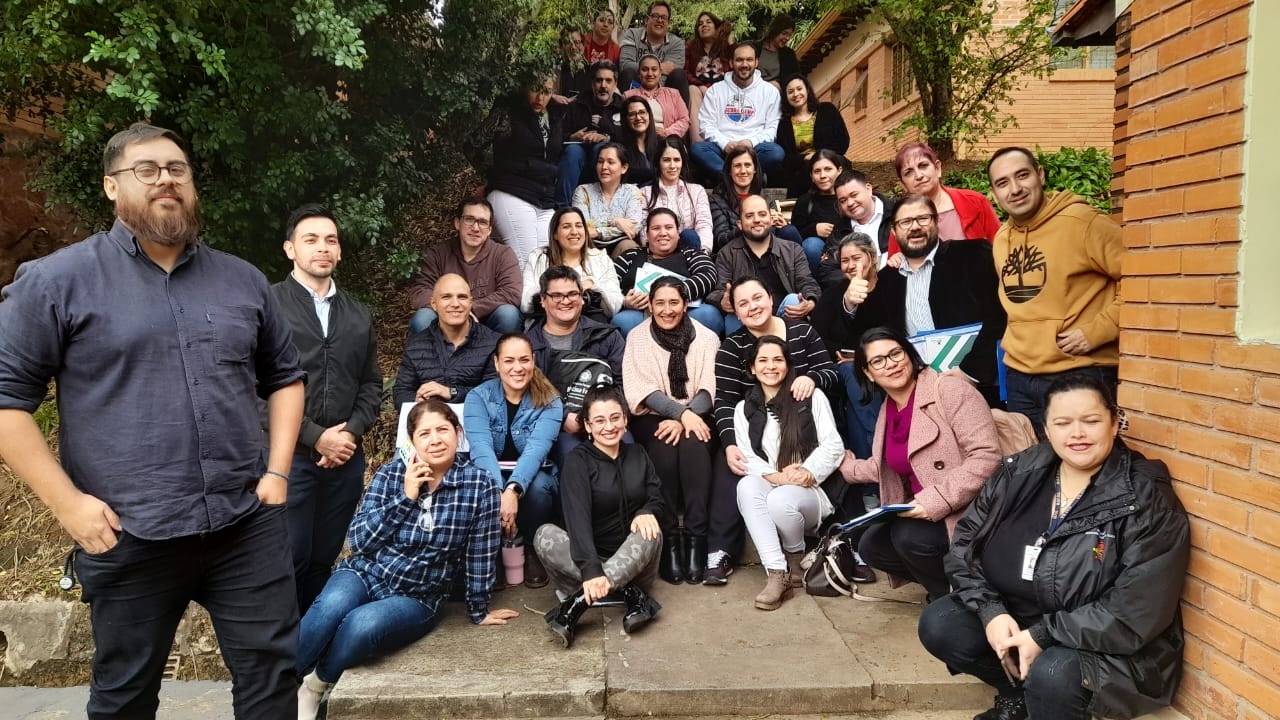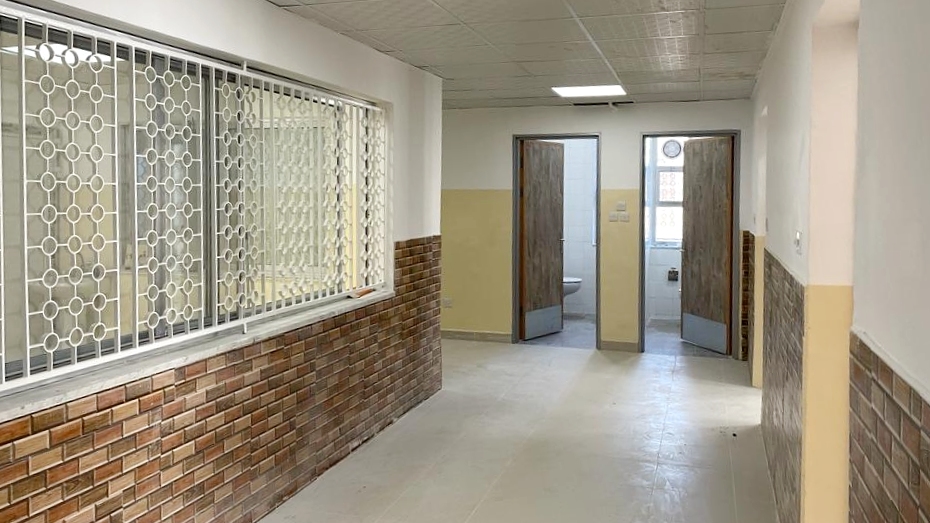
INVESTMENT ROUND: IMPACT STORY
Displaced people in Armenia access local mental health services
WHO collaborates with Armenia to provide effective mental health services

Dr Peter Hughes, Senior Consultant on Emergency MHPSS, UK, conducts a supervision visit at clinic in Yerevan, Armenia.
10 000
individuals offered mental health care
100%
of PHC doctors trained in 5 regions
2022
mental health Gap Action Programme launched
Armenia has an acute, urgent need for Mental Health and Psychosocial Support Services (MHPSS), especially among displaced people dealing with emergency-induced social challenges such as family separation, lack of safety, and disrupted social networks.
In 2022, WHO launched the mental health Gap Action Programme (mhGAP) project in Armenia to train primary health care (PHC) doctors across 4 regions and the capital, Yerevan.
WHO tailored its global training on MHPSS to the local context, addressing the unique needs of Armenia’s doctors and making materials accessible in the Armenian language.
WHO, in collaboration with the Armenian Psychiatric Association (ArPA), organized Training of Trainer sessions and provided supervision in the community.
In collaboration with the Ministry of Health, WHO helped establish a well-defined referral system between PHC services and specialized mental health services.
The mhGAP initiative substantially improved access to quality MHPSS support, reduced societal stigma and offered crucial care to over 10 000 individuals, including refugees and host community members.
After undergoing WHO’s specialized training, PHC doctors were better able to assess, diagnose, manage, and refer individuals with common mental health conditions.
Crucially, integrating mental health services into PHC settings helped to reduce societal stigma surrounding mental health.
Although the original target was to train 20 percent of PHC doctors in 5 regions, the project's success and urgency led to full training coverage for all PHC doctors in those regions.
The immediate need for MHPSS in Armenia is acute, and WHO is also training volunteer community members and psychologists and working to establish a mental health helpline.
Return on investment
/invest-visual-provide-health.png?sfvrsn=67b0de9_3)
A fully funded WHO will enable the Organization to "provide health" with people accessing health services without financial hardship to 5 billion people by 2028.
Strengthening mental health services at the primary health care level across Armenia is an example of WHO delivering on improving equity in access to quality services for mental health conditions, contributing to WHO's Fourteenth General Programme of Work (GPW 14), strategic objective 4.1.
Funding the future
WHO’s support to Armenia to provide mental health services in primary health care wouldn’t have been possible without funding.
To continue to support initiatives like this, WHO needs sustainable financing, that is, predictable, flexible and resilient. This will allow WHO to have the greatest impact where it is needed most. Please support the WHO Investment Round.
/invest-visual-investing.png?sfvrsn=dbf748b9_20)
Related case studies


